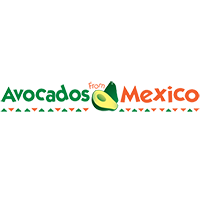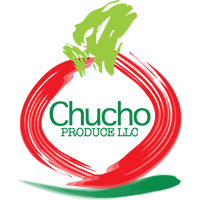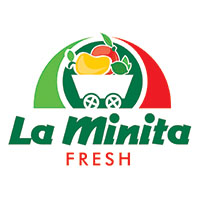How to Find Us?

Mango
The mango is a fleshy stone fruit belonging to the genus Mangifera, consisting of numerous tropical fruiting trees, that are cultivated mostly for edible fruits. The majority of these species are found in nature as wild mangoes.
Mango
Nutritional value per 100 g (3.5 oz)
Energy 250 kJ (60 kcal)
Carbohydrates
15 g
Sugars 13.7
Dietary fiber 1.6 g
Fat
0.38 g
Protein
0.82 g
Vitamins
Vitamin A equiv.
beta-carotene
lutein zeaxanthin
(7%) 54 μg
(6%) 640 μg
23 μg
Thiamine (B1) (2%) 0.028 mg
Riboflavin (B2) (3%) 0.038 mg
Niacin (B3) (4%) 0.669 mg
Pantothenic acid (B5)
(4%) 0.197 mg
Vitamin B6 (9%) 0.119 mg
Folate (B9) (11%) 43 μg
Choline (2%) 7.6 mg
Vitamin C (44%) 36.4 mg
Vitamin E (6%) 0.9 mg
Vitamin K (4%) 4.2 μg
Trace metals
Calcium (1%) 11 mg
Iron (1%) 0.16 mg
Magnesium (3%) 10 mg
Manganese (3%) 0.063 mg
Phosphorus (2%) 14 mg
Potassium (4%) 168 mg
Sodium (0%) 1 mg
Zinc (1%) 0.09 mg
Units
μg = micrograms • mg = milligrams
IU = International units
Percentages are roughly approximated using US recommendations for adults.
SOURCE: USDA NUTRIENT DATABASE








